5. The Ladykillers (Coen brothers, 2004)
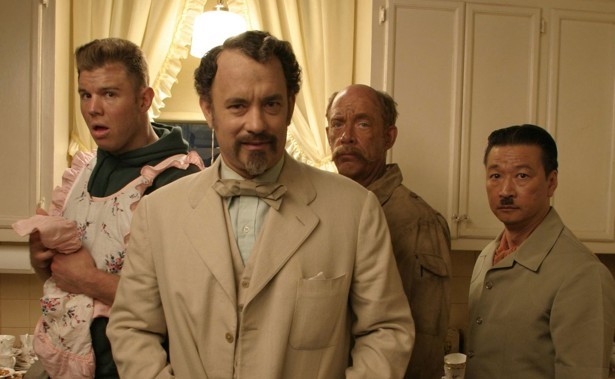
As evidenced in such movies as Fargo and The Big Lebowski, if there’s one thing the Coen brothers know how to do, it’s dark comedy. They have always been able to find the humor in, say, a dead body getting fed into a woodchipper or an ex-convict kidnapping a baby. So, it might have seemed like a natural fit for them to remake one of Britain’s finest black comedies: the Alec Guinness/Peter Sellers Ealing classic The Ladykillers.
Tom Hanks’ performance in the lead role, with a Southern drawl and a devilish charm inspired by the works of William Faulkner, is one of the movie’s saving graces. As always, he is an engaging lead who pulls the whole cast together, but his performance alone is not enough to save a movie that is poorly scripted and lazily structured.
The Ladykillers isn’t unwatchable. It does have its moments and the pace and the dark humor certainly pick up towards the film’s end as it reaches its grisly climax. But by the Coens’ standards, it is definitely weak – easily their weakest film.
4. Jack (Francis Ford Coppola, 1996)
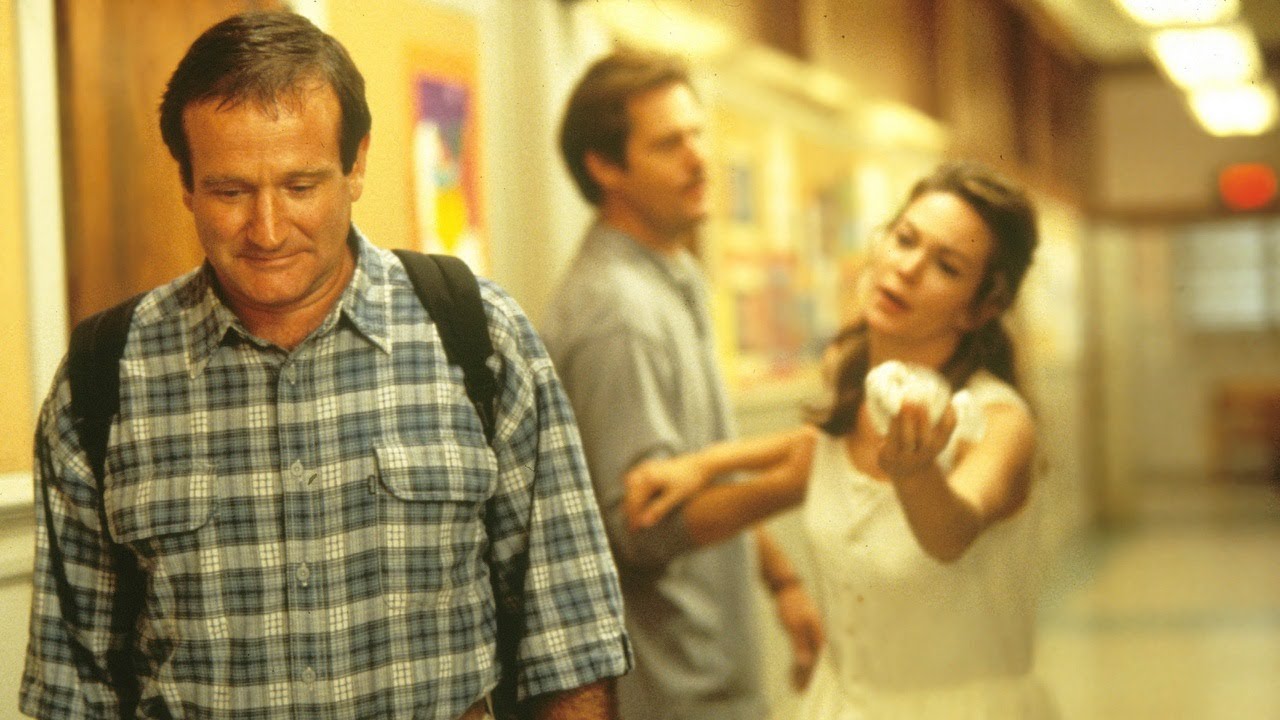
In the 1970s, Francis Ford Coppola made four movies that have come to be considered – and this is no exaggeration – among the greatest movies ever made. His masterpieces The Godfather, its sequel The Godfather Part II, Apocalypse Now, and The Conversation all captured the American zeitgeist and sociopolitical climate of the time, gave us countless iconic moments and characters, and solidified Coppola’s place among cinematic royalty like Alfred Hitchcock and Orson Welles.
So, one has to wonder what possessed him to make this family comedy with Robin Williams. It tells the story of a boy who ages four times faster than everybody else. So, when he looks like a forty-year-old Robin Williams, he’s actually ten years old. It was the perfect character for Williams to play during his schmaltzy, heartfelt dramedy period in the mid-‘90s – the part of his career that gave us Patch Adams and What Dreams May Come – but why did Francis Ford Coppola have to direct it?
He is one of the six people in the history of the Academy Awards to have been honored as a producer, director, and screenwriter. His talents are above formulaic, tedious drivel like Jack – or at the very least, he could’ve elevated the formulaic, tedious drivel with his slick visual style and astute storytelling ability. The whole thing is just an all-round disappointment.
3. Alexander (Oliver Stone, 2004)
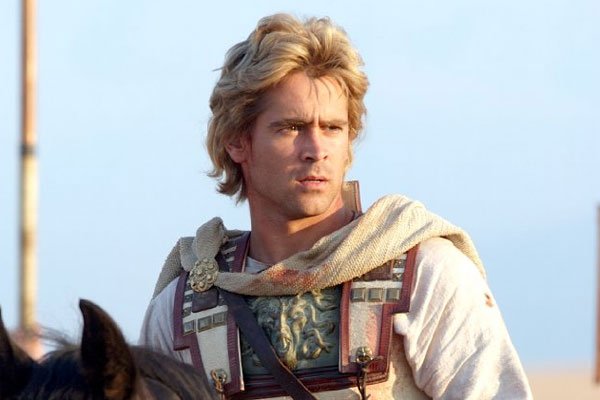
Oliver Stone has made all kinds of movies in the past and they are usually acclaimed by critics. He has made movies about the Vietnam War that challenged the U.S. government and tackled the Salvadoran Civil War from a unique angle and showed us sides of the Kennedy assassination we had never seen before. He is one of the most celebrated political filmmakers of all time.
Unfortunately, when he sank $155 million into a biopic of Alexander the Great, it was nowhere near as acclaimed or successful. It was criticized for both its lack of historical accuracy and its lack of audience engagement. The movie is three hours long (or closer to four hours, depending on which cut you’re watching) and it doesn’t take much of that time to descend into a groaner.
Stone’s ambition is clearly there, but he focuses too much on making a history lesson (and an inaccurate one at that) than making a movie. The end result was so dry and overlong that it was nominated for six Razzies and bombed at the box office. This is not the kind of thing we had come to expect from the man behind JFK and Natural Born Killers.
2. 1941 (Steven Spielberg, 1979)
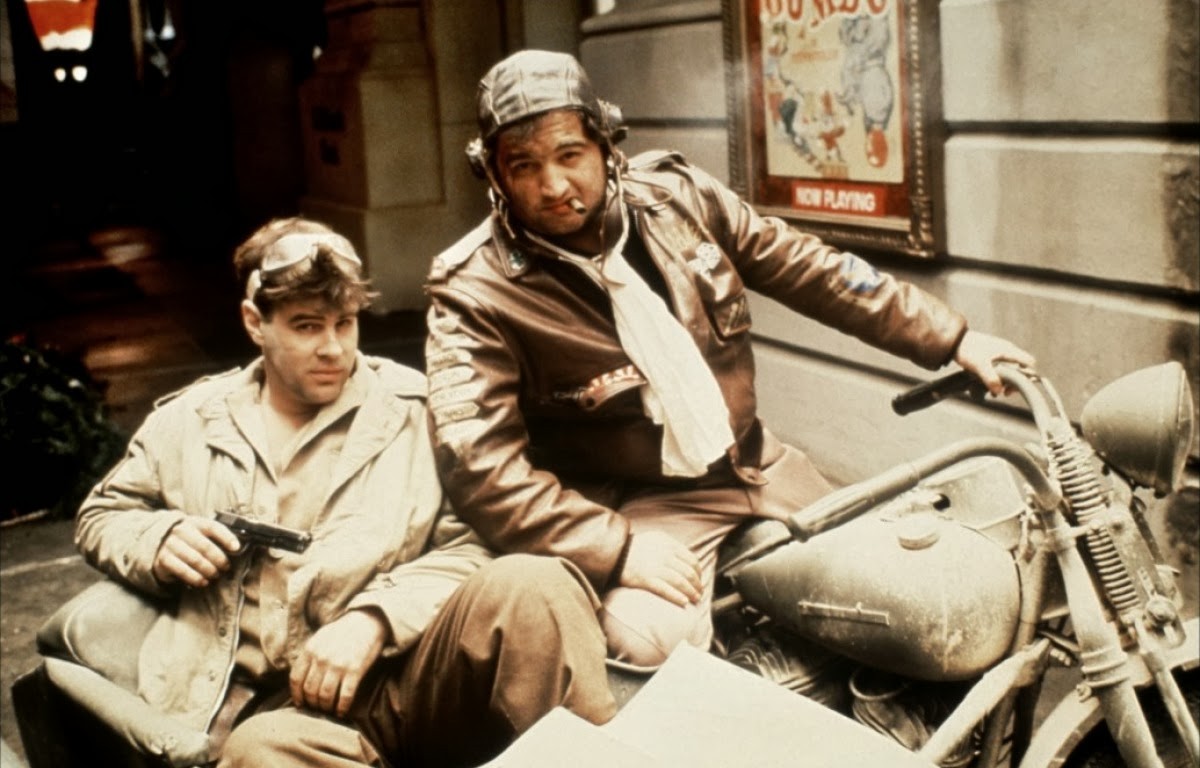
There’s a lot of genres that Steven Spielberg can pull off. He can do action adventure movies and suspenseful horror movies and mind-bending science fiction movies and fact-based historical dramas, but there’s one genre he has never been able to nail, and that’s comedy.
1941 is an ensemble comedy about the aftermath of the Pearl Harbor attack and it has a lot of hilarious comedic talent in its cast: Dan Aykroyd, John Belushi, John Candy, Slim Pickens, and Michael McKean, to name a few.
It’s a technically proficient film and all of the action sequences that were shot using miniature models are as spectacular as the ones in Spielberg’s next movie Raiders of the Lost Ark. The thing that lets it down is that it simply isn’t funny, which is sort of a prerequisite for a comedy.
Spielberg has admitted in recent years that 1941 was not a good movie and has even joked about it. He blamed his ego for the failure of the movie, saying that the success of Jaws and Close Encounters of the Third Kind had left him feeling invincible. The failure of 1941 taught Spielberg a lesson. He learned to work harder on his future films and never underestimate his audience – and that he doesn’t understand comedy – so at least some good came from it.
1. Death Proof (Quentin Tarantino, 2007)
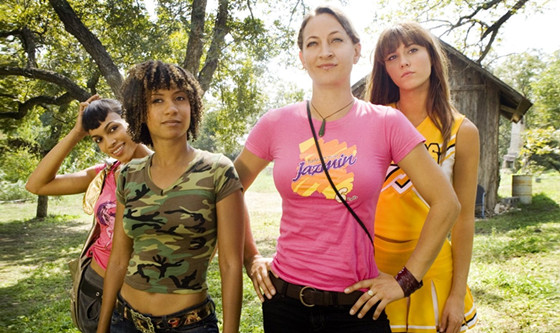
Quentin Tarantino is the first to admit that this is his worst movie. He has also boldly promised that it will always be his worst movie: “Death Proof has got to be the worst movie I ever make,” he said. He doesn’t want to ever get that lazy – or as he puts it, “left-handed” – ever again.
As a premise for a slasher movie, Death Proof has a lot of promise. The idea of a sadistic stuntman who uses his death-proof muscle car to kill people is the perfect setup for a meta take on the exploitation horror genre, which is what Tarantino was going for. But the film itself never manages to live up to that promise.
The problem is that the screenplay isn’t as tight as Tarantino’s other movies. The scripts for movies like Pulp Fiction and Jackie Brown are long and drawn-out, but they’re engaging. The dialogue is exciting and the characters are well-rounded and the scenes are riveting.
There are long stretches of Death Proof where the dialogue just gets boring. It almost feels as though Tarantino’s story wouldn’t fill a feature film and so he had to pad it out with filler. There are excruciatingly long scenes, twenty or so minutes of dialogue that goes absolutely nowhere – it doesn’t advance the plot or develop the characters or even make any interesting points like the otherwise irrelevant Superman monologue in Kill Bill did. It’s just people sitting in a car, talking about anything that happened to pop into Tarantino’s mind as he was churning out the script.
From the guy who changed the rules of screenwriting with Pulp Fiction and would eventually go on to blend the spaghetti western with American slavery, this is a huge let-down.
Author Bio: Ben Sherlock is a comedian, independent filmmaker, and writer. He has contributed work to such websites as Screen Rant, BabbleTop, and Entropy. Check out his website for standup comedy and short films: https://www.ben-sherlock.com.